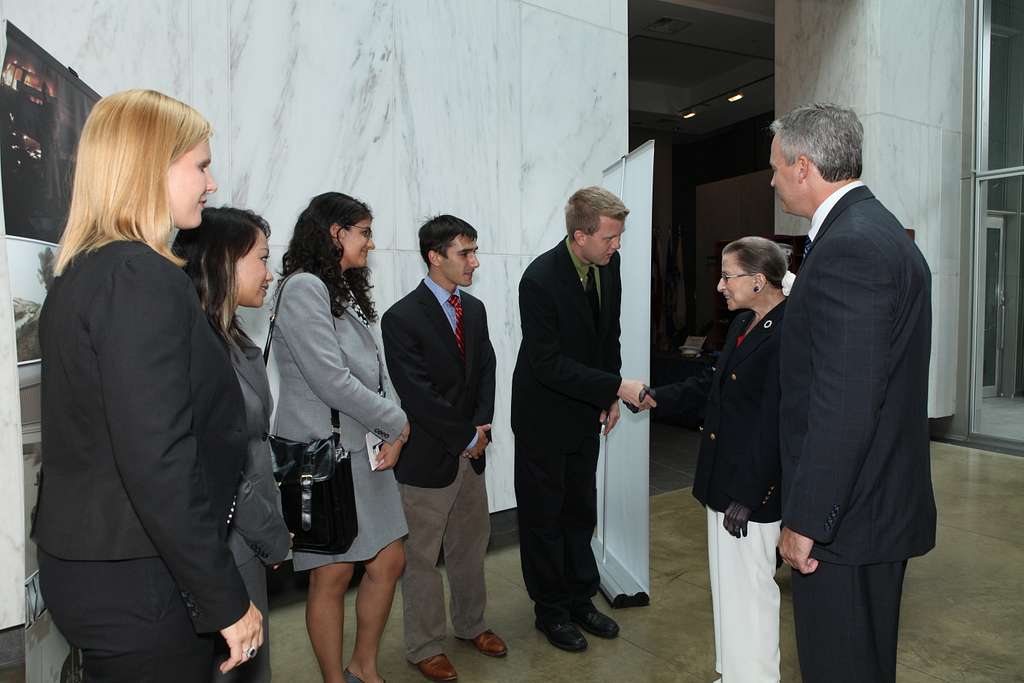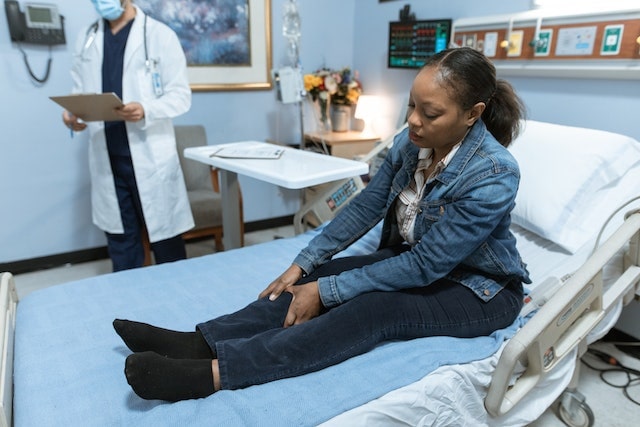Carothers v Progressive Ins. Co., 2017 NY Slip Op 02614 (2d Dept. 2017)
Discussion of BLC
(1) “To incorporate, the licensed individual must obtain a “certificate . . . issued by the [New York State Department of Education (DOE)] certifying that each of the proposed shareholders, [*4]directors and officers is authorized by law to practice a profession which the corporation is being organized to practice” (Business Corporation Law § 1503[b]). The DOE may not issue a certificate of authority to a professional service corporation that does not meet these qualifications (see Education Law § 6507[4][c][i]). Once the professional corporation is formed, shareholders may not transfer their voting power to any person who is not a licensed professional in the field (see Business Corporation Law § 1507[a])” Any agreement by a shareholder transferring the voting power of his/her share to individuals who are not authorized by law to practice the profession is void (see Business Corporation Law § 1507[a]).
Mallela
“insurers may look at the actual ownership and operation of the practice, to wit, whether the practice was actually controlled or owned by an unlicensed individual in violation of state and local law (see id. at 321; United States v Gabinskaya, 829 F3d 127, 133 [2d Cir]). In this context, however, the Court of Appeals cautioned that insurance carriers could not delay payments of reimbursement claims to pursue investigations unless they had “good cause” (State Farm Mut. Auto. Ins. Con v Mallela, 4 NY3d at 322; see 11 NYCRR 65-3.2[c]; Dynamic Med. Imaging, P.C. v State Farm Mut. Auto. Ins. Co., 29 Misc 3d 278, 285 [Nassau Dist Ct]) and that, in the licensing context, “carriers will be unable to show good cause’ unless they can demonstrate behavior tantamount to fraud”
Jury Charge
Factors to determine whether there was fraudulent incorporation:
(1) “As the Appellate Term correctly determined, the charge properly focused the jury on the question of whether Carothers was a mere nominal owner of the plaintiff, and if, in actuality, nonphysicians Sher and Vayman owned or controlled the plaintiff such that the profits were funneled to them. The Civil Court properly instructed the jury to consider whether Sher and/or Vayman shared in the profits of the plaintiff, and that the jury could consider whether the leases entered into between the plaintiff and Sher’s companies were arms’ length or meant to funnel profits to Sher. The Civil Court charged the jury that, in order to succeed on its defense, the defendant was required to establish, by clear and convincing evidence, that Sher and/or Vayman, two nonphysicians, were “de facto owners” of the plaintiff or exercised “substantial control” over the plaintiff; and that to find de facto ownership, the jury must find that either Sher and/or Vayman exercised “dominion and control over” the plaintiff and its assets and that they “shared the risks, expenses, and interest in the profits and losses” of the plaintiff. To find control, the jury was instructed that they must find that Sher and/or Vayman had a “significant role in the guidance, management, and direction of the business.”
(1a) ” Likewise, although Malella instructed that “[t]echnical violations” such as a failure to hold an annual meeting, pay corporate filing fees, or submit paperwork on time would not establish the defense of fraudulent incorporation (State Farm Mut. Auto. Ins. Co. v Mallela, 4 NY3d at 322), a failure to follow corporate formalities is a relevant factor for the jury to consider, in conjunction with other factors, in determining the ultimate issue of ownership and control and whether the plaintiff was a proper professional corporation or merely a vehicle operated by nonphysicians to funnel profits to themselves”
(2) “Although the plaintiff is correct that certain of the factors enumerated in the non-exhaustive list of factors with which the jury was charged that it might wish to consider, could not, standing alone, support a finding of fraudulent incorporation, these factors were relevant for the jury to consider in determining the ultimate issues of de facto ownership and substantial control, and the jury was properly instructed to consider the totality of the circumstances”
(3) “Good faith compliance with the requirements of a professional corporation at the time of incorporation does not end when the certificate of incorporation is filed and does not defeat a claim of fraudulent incorporation if the evidence demonstrates that at some point after the initial incorporation, the nominal physician owner turned over control of the business to nonphysicians in contravention of state regulations”
(4) “In light of the jury’s determination that the evidence at trial met this more stringent standard of proof than required by the preponderance of the evidence standard, we do not reach the issue of which is the appropriate standard of proof in establishing the defense of fraudulent incorporation”
The Court discussed harmless error, and found the 5th Amendment issue insufficient to overturn the jury verdict.
Thougths
What did I take out of the case? First, the Court punted on clear and convincing versus preponderance. Second, individual violations of the BCL and Education law are not separately actionable to deny a provider his/her no-fault benefits. We learned this in Allstate v. New Way Massage Therapy, P.C. Third, we have a non-exhaustive list of factors that could be cited to discern whether a cause of action or triable issue of fact exists as to a Mallela defense.
On a side note, you have to wonder how any of this can be used to shape or reshape Rico actions. The predicate acts are usually mail/wire fraud and based upon Mallela issues. Can the smart provider attorney reshape the central inquiry? Contrariwise, can an insurance carrier attorney reformulate the Mallela factors to fit a pattern act from Federal criminal law? There is a lot to digest here – the intuitive practitioner can play with this case and draft a crafty memorandum of law.
Of course, most cases are just not this egregious.













5 Responses
Great Comments.
Last line is key. what do we really learn. based on the facts of this case nothing. the court should have basically said use your common sense — that’s it.
in this day and age the doctors i go to have all ceded control of the business aspects of their practices. the office manager is a layperson. they hire billing companies. etc.
the central question will in the end be who controls the medicine because that is the evil the reg and the law intended to address.
as to rico good god there is no law there anymore. its become a mixture of matrimonial, traffic and no fault arbs. anything gets into evidence. throw mud. and misrepresent.
just make sure the insurance company gets a good settlement.
if you defend the case as a lawyer you are treated like a low life.
But I think the circuit is looking to straighten this rico situation out. the problem is that you have to go all the way to get a case to them
Most important part of decision is that Court cited Hirsh’s decision in dynamic as authoritative. That’s the decision where he obviates the requirement for timely objections to “palpably improper” Mallela verification demands. Requiring a “shell game” objection to Mallela veri demands was always bad appellate term law. Hirsh is the man.
I never thought those District Court cases authoritative or good law. I was wrong.
Those “shell game” objection cases by the term has APPARENTLY turned some of the carriers utterly corrupt. Some of them basically refuse to process claims and only play the shell game of REDUNDANT mallela demands and mallela EUO requests, asking for the exact same previously submitted verification hundreds of times from the same provider. This is about to blow up in one provider’s face in epic fashion.
EUO shell game, are you talking to me, Are you talking to me?